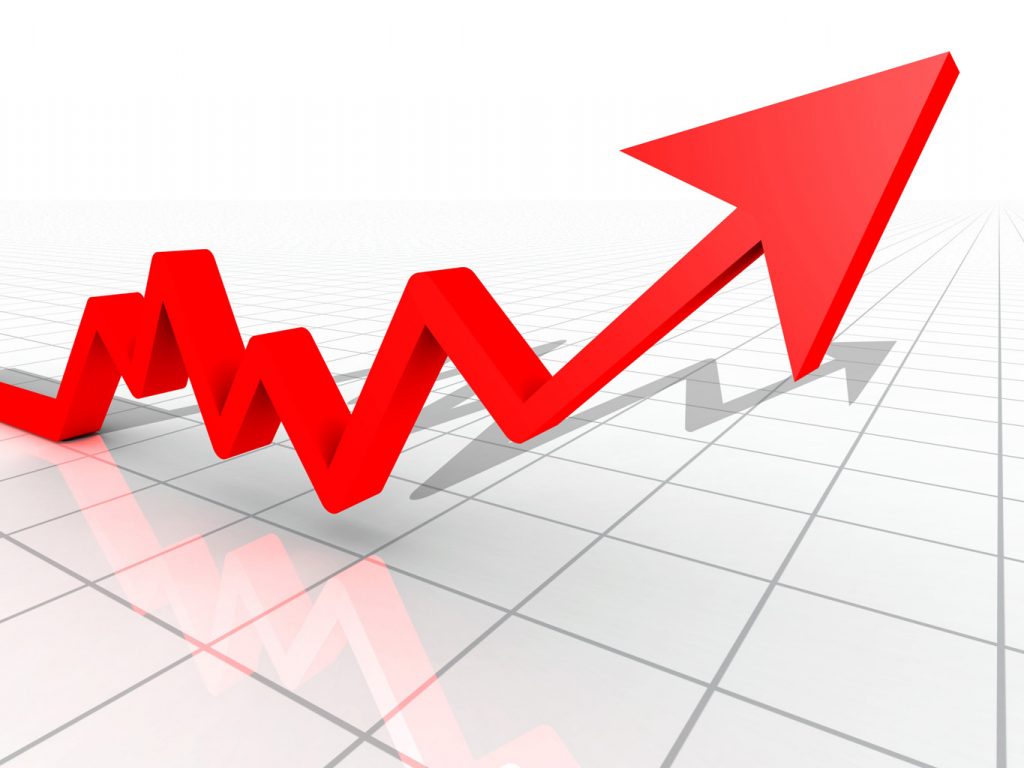Economists have attributed the decline in Nigeria’s headline inflation rate to the ongoing harvest season.
The economists, who spoke in Abuja on Thursday while reacting to the latest inflation figures, said the harvest season had led to an increase in food supply.
Nigeria’s headline inflation declined for the second month to 32.15 per cent in August according to the latest National Bureau of Statistics (NBS) Consumer Price Index Report.
According to the report, the figure is 1.25 per cent points lower compared to the 33.40 per cent recorded in July 2024.
Also, food Inflation declined on a month-on-month basis in August at 2.37 per cent, which showed a decrease of 0.10 per cent compared to the rate recorded in July 2024 at 2.47 per cent.
According to the NBS, the decline in food inflation on a month-on-month basis was caused by a decrease in the average prices of tobacco, tea, cocoa, coffee, Groundnut oil, and milk.
“Others are yam, Irish potatoes, water yam, cassava tuber, palm oil, and vegetable etc.”
An Economist and Agro Consultant, Mr Sunday Peter, said that the decline in food inflation was as a result of the harvest season, which meant there was an increase in the supply of food.
Peter said inflation in monetary terms was being influenced by the law of demand and supply.
“When there is demand for a commodity, and there is a shortage in supply, the price of such a commodity will increase, so also when the supply of a commodity meets the demand, prices will drop.
“In the last three months, the reduction in inflation is a result of an increase in supply. Those who are into agriculture are harvesting and most of the commodities are going to the market.
“That is why you see the reduction in inflation because there is an increase in the supply of food commodities.”
He, however, said the government needed to do more to propel the economy.
The economist said the country needed higher production; therefore, the government needed to invest more in the manufacturing and production sector.
An economist, Mr Adeoye Lekan, explained that it was important to note that when inflation was reported to be less than the preceding month, it did not mean prices of goods were declining.
According to him, what it means is that the rate of increase in the prices of goods and services in the reference period is less than the rate of increase in goods and services in the preceding month.
“But with time, if the CPI decline continues, then we can see prices of goods and services will be coming down.
“Another reason is the harvest season; many farmers have been harvesting their crops, so there is an increase in the supply of food,” he said.
NAN


